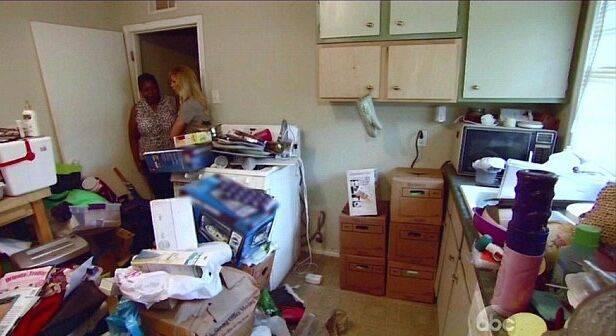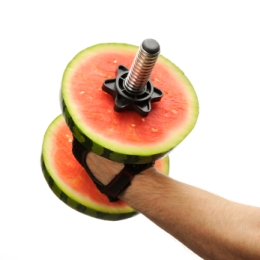Lose Weight > Common Sense To Lose Weight > Common Sense Article > Grass Compost. Natures Secret For A Flourishing Garden
Grass Compost. Natures Secret For A Flourishing Garden
When you trim your lawn, allow the blades of grass to fall on the lawn. Your lawn mower can do it for you if you make a slight alteration. Detach the grass catcher and mow your lawn as you usually do. The grass automatically falls out wherever it's been cut. Ensure that the mower blade is sharp and the grass is absolutely dry before you begin your operation, else the lawn mower will get clogged.
You now have your own natural fertilizer. This process is known as grasscycling. It is economical and saves you the time and bother of clearing the grass or putting the blades of grass into bags. However, this strategy may not be viable if you have toddlers and pets.
If you wish to do things in a more conservative way rather than resort to grasscycling, here's how you go about making an effective grass compost heap. Fresh mown grass contains moisture and is rich in nitrogen. There is a tendency for the moist grass to stick together, thus preventing the oxygen from penetrating.
If you simply pile up the grass, it will turn slimy and rot. The smell is offensive, to say the least. The best way to prevent the grass from caking up is to layer it with materials that have high carbon content. These browns comprise leaves, twigs or wood chips. These are placed in between the layers of grass and give the heap a looseness that allows the oxygen to penetrate.
In order to help the oxygen circulate, it would be wise to aerate the pile by turning the contents over, frequently. You don't want the heap to turn into a slimy, putrid mass!
If you have more grass than other materials, you should avoid stacking up the grass to form one huge unmanageable pile that could go bad simply because of the abundance of grass. You could have many piles that are easier to manage. When you regularly turn each over through the summer, you will notice them turn into compost at which time you could lessen the number of piles by combining them.
If space is your constraint and you find it difficult to manage a number of heaps at once, dry the newly cut grass in the sun. Spread the grass anywhere in your yard and allow it to sun-bake the whole day. Once the moisture and the sourness go out of it, you can start your compost heap.
The one thing to avoid is to have chemically treated grass on your compost heap. In case you have used pesticides or herbicides to promote grass growth on your lawn, don't cut the grass for fertilizer, unless a good shower of rain has washed the residue out.
Adding lime to the heap of grass for compost is a good idea to hasten the breaking down process. This is also the surest way to prevent mold formation, which is responsible for the foul smell.
With these tips, you could make your own fertilizer out of grass clippings. Not only is the method economical but it also gives you a sense of achievement when you see your garden flourish.
Related Articles
-
Diet plan program – the handful of added benefits for busy females of weight loss diet
When these folks appear to be unaffiliated by fluctuating weight losse
-
Weight Loss Surgery In Mexico Savings
A procedure known as bariatric surgery, is known by most as weight lo
-
How to Avoid Stress Eating At Your Desk
Do you find yourself stress eating, comfort eating or even boredom
-
Weight Loss Tricks - Diets That Work
Various kinds of weight loss tricks are there when it comes to choosin
-
Chef Offers Tips for Spending Time in the Kitchen, Not The Drive-thru
Weight Loss and Cooking An estimated 129 million Americans or 64 perce
-
A Healthy Weight Loss
Extreme diets or fasting can help you lose some pounds, for a while
- DON'T MISS
- Baloney And The Fountain Of Youth
- Best Way to Lose 10 Pounds in 2 Weeks
- Commit To Cardio Exercise For Permanent Weight Loss
- Here Are Some Great Tips To Help You Succeed At Losing Weight.
- The Matter of Nutrition and Weight Loss: What you Need to Know
- Before You Burn Information About Weight Training Routines For Beginners
- Are Longer Workouts Better Than Shorter Ones When It Comes To Fat Loss?
- 4 Detox Drinks That Help You Flush Fat
- 6 Vegetarian Cooking Recipes As Your Healthy Yet Delicious Meals
- Bursitis, common cause of painful hips, knees, and elbows managed with nonsurgical treatments




